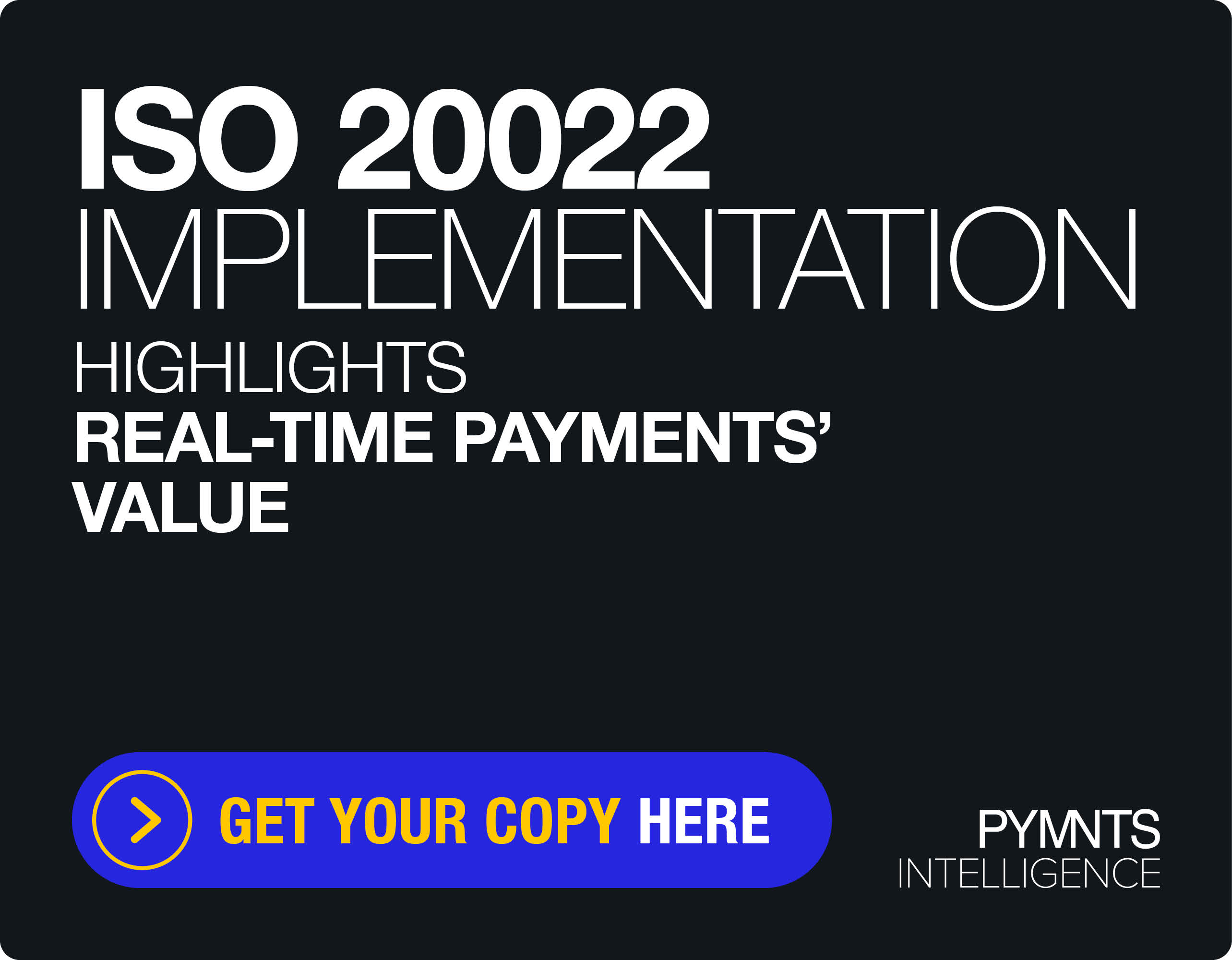Bitcoin Daily: FTC Warns Of Email Scams Demanding Bitcoin; Lawmakers Urge Treasury To Use DLT To Track Relief Programs

Bitcoin blackmail scams are on the rise, according to the Federal Trade Commission (FTC).
The scams are usually centered around emails claiming to have recorded the user visiting an adult website. The fraudster threatens to send that video to the user’s family if the user doesn’t pay up to the fraudster’s bitcoin account.
The FTC’s advice when one receives those messages is blunt: “Stop. Don’t pay anything. Delete the message. It’s a scam.”
The FTC says the spike in the messages may be because of a recent data breach that exposed many emails. While the fraudsters’ allegation that they’ve tapped into computer webcams are baseless, the FTC says they may include old passwords, gleaned from the breach, to try and come off more convincing.
Blockchain is being considered as a possible way to help commercial drones become more viable.
According to a study by the U.S. Transportation Department, the technology could be used to help ensure safety and help with identity management. It could also support aircraft traffic management and flight authorization.
By utilizing blockchain, flight data recorders, or black boxes, can also get data on an unmanned aircraft system (UAS) to find out what it was doing during some incident or event.
The use of a blockchain might not be ideal for all drone flights, but for sensitive missions like organ transports, it could mean increased security due to the number of intricate considerations around that important type of mission. Drones have also recently been used for medical prescriptions.
Eleven members of Congress have written to Treasury Secretary Steven Mnuchin asking him to consider using blockchain to help implement further financial relief programs during the pandemic.
Blockchain, they write, has the capabilities to move money and provide liquidity in a rapid, secure and transparent manner, which could come in handy for the numerous aid programs like the CARES Act and other future programs passed.
This measure, the lawmakers write, would help America retain its technological advantages and ensure that those who need financial aid quickly can get it.
